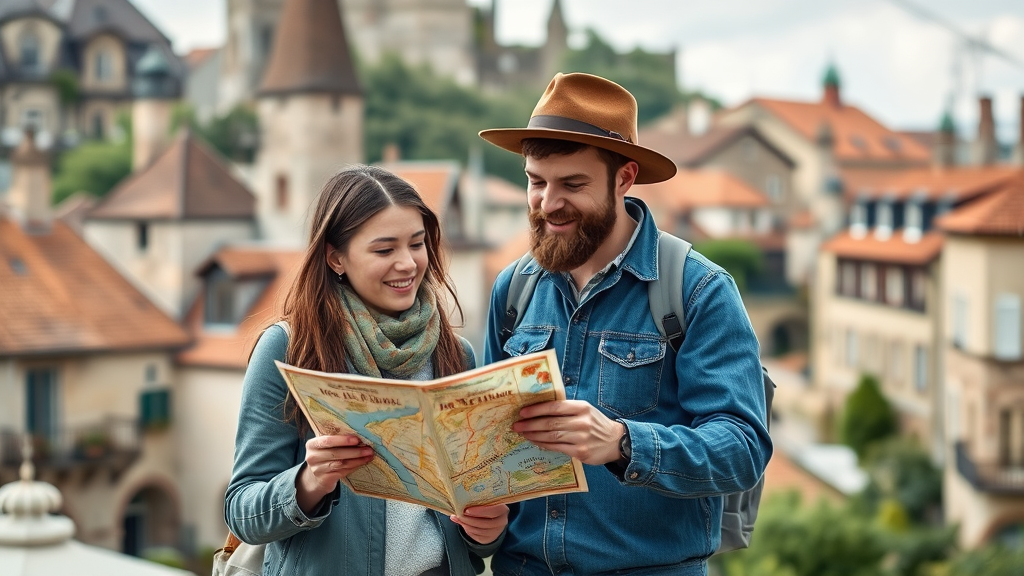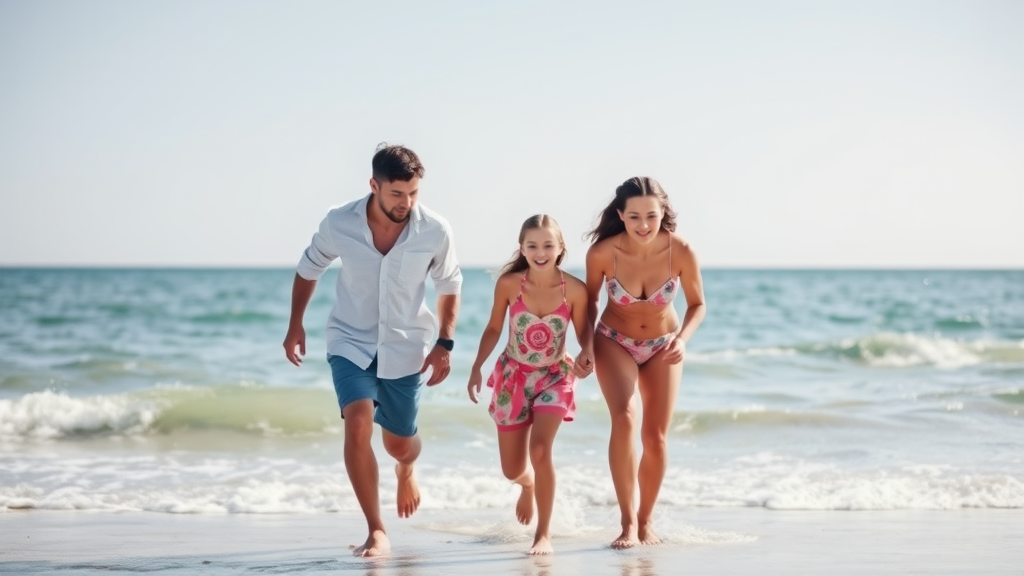
Coming back from a vacation should feel refreshing. But more often than not, I used to come back even more exhausted than when I left. My sleep was off, my legs felt heavy, and somehow the thought of going back to work felt like a mountain to climb. I used to think maybe I was just getting older, or that this was normal. It’s not.
It took a few trips and some mistakes to realize that the way I was planning my travel was part of the problem. It wasn’t about the destination or even the budget. It was the structure, or lack of it.
I used to believe that the more I squeezed into a day, the more fulfilling the trip would be. Wake up early, hit every major attraction, eat somewhere new each time, take the scenic route, post photos at night, repeat. It felt like productivity, but in disguise. I was trying to make my vacation “worth it,” and in the process, I was burning out.
The shift happened when I stopped thinking of travel as an escape and started seeing it as something I should integrate with my actual energy levels. That’s when the tiredness faded.
Here’s what changed.
I started building buffer days. Not just for jet lag, but also for decompression. If I was flying out on a Friday, I’d make sure Thursday night was quiet. If I was coming back on a Sunday, I wouldn’t plan to jump back into work Monday morning. Those small windows helped my body reset.
The second change was the way I booked stays. Earlier, I’d pick hotels based on how close they were to “everything.” But that “everything” came with noise, traffic, and no real downtime. Now I search with more intention. I still use platforms like Expedia because they allow me to filter by neighborhood and amenities without opening 20 tabs. It sounds small, but the ability to view a full map with prices and reviews in one place changed the way I book.

I also stopped treating each trip like a checklist. There’s a pressure to “make the most of it,” especially when you’ve paid for flights and hotels. But I started asking myself why I was even going. Was I trying to experience a new culture, relax, or reconnect with someone? Once I had the purpose clear, it got easier to plan around that instead of crowd-pleasing.
Another thing I noticed was how tech was affecting my downtime. I’d be on a beautiful beach but constantly scrolling, looking for the next thing to do. I wasn’t bored, I just had this constant urge to not miss out. I began setting one or two times a day to check notifications or browse for nearby food or places. And when I needed to make quick decisions or bookings, I stuck to apps I already trusted. Expedia’s mobile app became my go-to for last-minute plans. It was faster and less mentally draining than comparing scattered reviews and options on different sites.
The final piece was giving myself permission to do less. Some of the most restful trips I’ve had were the ones where I didn’t try too hard. I didn’t take a million pictures. I didn’t chase every hidden gem. I ate when I was hungry, walked when I felt like it, and slept when my body asked for it. It felt simple, and that’s what made it work.

Now, when I plan a vacation, I don’t just look at flights and hotels. I look at how I want to feel during and after the trip. I’ve stopped booking early morning flights just to save a few bucks. I’ve started extending stays by a day even if I don’t plan to do anything, just so I don’t come back feeling drained.
Tools like Expedia help make that easier because you can actually see flexible date prices and filter options without starting from scratch every time. It cuts down the time I spend planning, and that means I start the trip a little lighter already.
So if you’re always coming back tired, it might not be the flight or the time zone. It might just be the way you’ve been traveling.

Slow it down. Plan for rest. Let your trip feel like a pause, not a project.
Because if you need another vacation right after your vacation, it was never a break in the first place.

